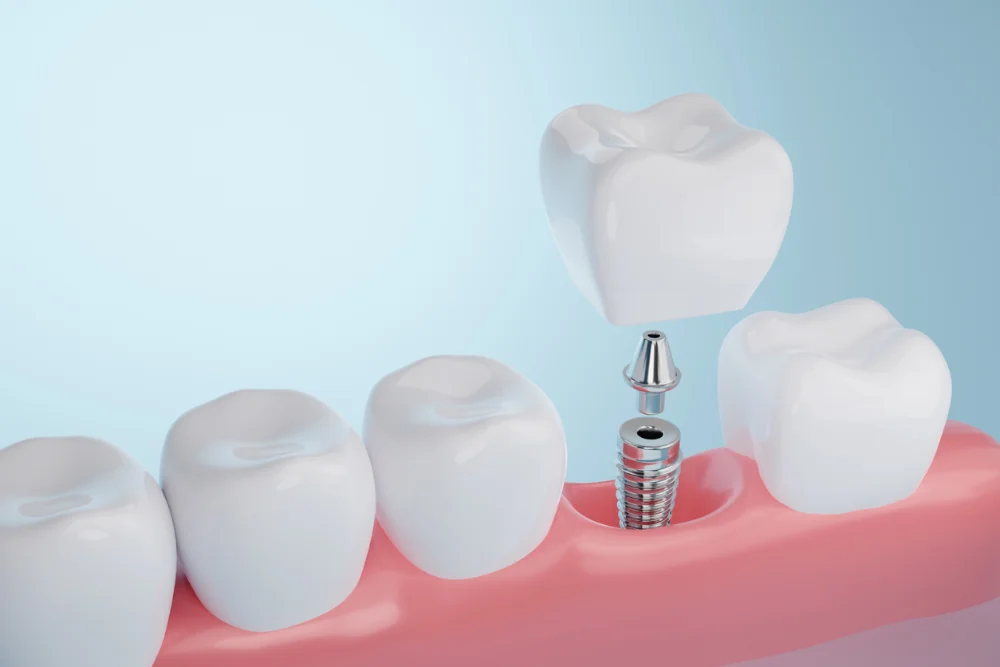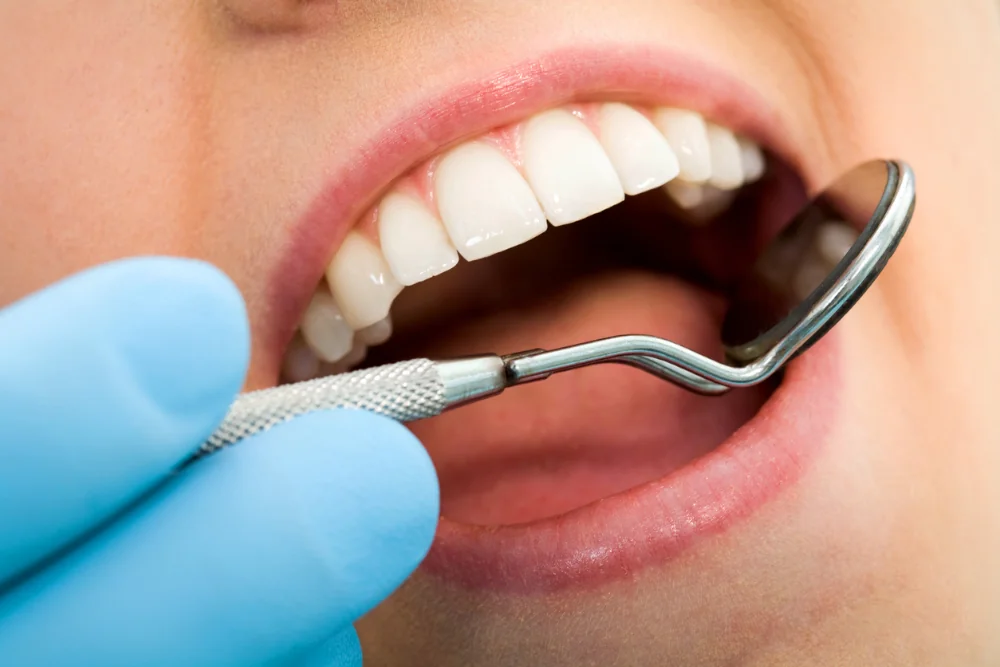IV Sedation
helpAt Robina Quays Dental Care, we understand dental anxiety and offer tailored sedation options to ensure your comfort. Our welcoming clinic and dedicated team helps you feel at ease from the moment you arrive.
Feeling Nervous?
Our team provides a calming, supportive environment to ease any anxiety. Rest assured, you’re in caring hands every step of the way.
We Understand Dental Discomfort
Sedation services to ease anxiety
Dental anxiety is a common challenge among patients of all ages, often due to past experiences or general anxiety. This can lead to the postponement of necessary dental treatments or routine care, potentially leading to more complex dental issues.
At Robina Quays Dental Care, we take your concerns seriously. We aim to create a clinic atmosphere that is both inviting and comforting, where every patient is treated with the warmth and attention of a friend.
Our Sedation Methods
Designed to help you achieve your dental health goals without the barrier of fear and anxiety.

Oral Sedation
For mild to moderate dental anxiety, oral sedation is a highly effective option. This involves taking prescribed medication before your appointment to help ease nervousness and create a calm, stress-free experience. This approach allows you to remain awake but deeply relaxed throughout your treatment, making dental visits more comfortable and manageable. Oral sedation is a great choice for those who want a gentler form of relaxation while still being fully aware of their surroundings.

IV or Twilight Sedation
For higher levels of dental anxiety, IV sedation, or twilight sedation, is an excellent choice. At Robina Quays Dental Care, we collaborate with a Professionally qualified and skilled Anaesthetist who administers sedation. This allows our dentists to focus on your dental treatment while the GP ensures you remain comfortable and safe throughout the procedure. Ideal for those seeking an alternative to full general anaesthesia, offering a relaxed state during the treatment with the sedation strength adjusted according to your needs.
What is IV sedation, and how does it work?
IV sedation involves administering sedative medication directly into the bloodstream, inducing a deep state of relaxation while keeping patients conscious and responsive. The level of sedation is continuously adjusted to ensure comfort throughout the procedure.
How does IV sedation differ from general anesthesia?
Unlike general anesthesia, which renders patients completely unconscious, IV sedation allows them to remain awake but deeply relaxed. Patients can respond to verbal cues and maintain protective reflexes, unlike with general anesthesia.
Is IV sedation safe, and who is eligible for it?
IV sedation is generally safe when administered by a trained professional, with continuous monitoring of vital signs. It is ideal for patients with dental anxiety or those undergoing complex procedures. However, it may not be suitable for pregnant women or individuals with certain medical conditions.
How do I prepare for IV sedation, and what happens during the procedure?
Patients should fast for several hours beforehand and arrange for someone to drive them home. A small needle is used to insert a cannula into a vein, through which the sedative is administered. Patients quickly feel relaxed and drowsy but remain conscious.
How will I feel after IV sedation, and what is the recovery like?
Patients may feel groggy and have little memory of the procedure. Effects typically wear off within a few hours, though drowsiness can persist. It’s recommended to rest, avoid driving or operating machinery for 24 hours, and stay hydrated.
How long does IV sedation last, and can I request it for any dental procedure?
The sedative effects last for several hours, varying by individual and dosage. While IV sedation is primarily used for complex or lengthy procedures, it can be requested for less invasive treatments if a patient experiences severe dental anxiety.
What are the benefits of IV sedation in dentistry?
IV sedation offers deeper relaxation than oral sedatives or nitrous oxide, helping patients with dental anxiety, strong gag reflexes, or those undergoing multiple treatments in one visit. It allows for a more comfortable and stress-free experience.
How is sedation controlled, and what training do dentists need to administer it?
The dentist or anesthesiologist precisely adjusts sedation levels throughout the procedure. Dentists must undergo specialized training in sedation techniques, pharmacology, and emergency management to ensure patient safety.
Can children receive IV sedation for dental procedures?
In certain cases, IV sedation can be used for children with extreme dental anxiety or complex dental needs. It is typically administered by a pediatric dentist or anesthesiologist with expertise in sedation for younger patients.
How do dentists ensure patient safety during IV sedation?
Patients are continuously monitored for heart rate, oxygen levels, and blood pressure. Emergency equipment and medications are readily available in the rare case of an adverse reaction.
What should I discuss with my dentist before opting for IV sedation?
It’s important to disclose your medical history, current medications, and any allergies. Discussing past sedation experiences and your level of dental anxiety will help tailor the sedation to your needs.
Can IV sedation be used for routine dental cleanings and check-ups?
While IV sedation is typically reserved for more complex procedures, it may be considered for routine treatments in cases of severe dental anxiety or special needs. Your dentist can help determine the best sedation option for you.






